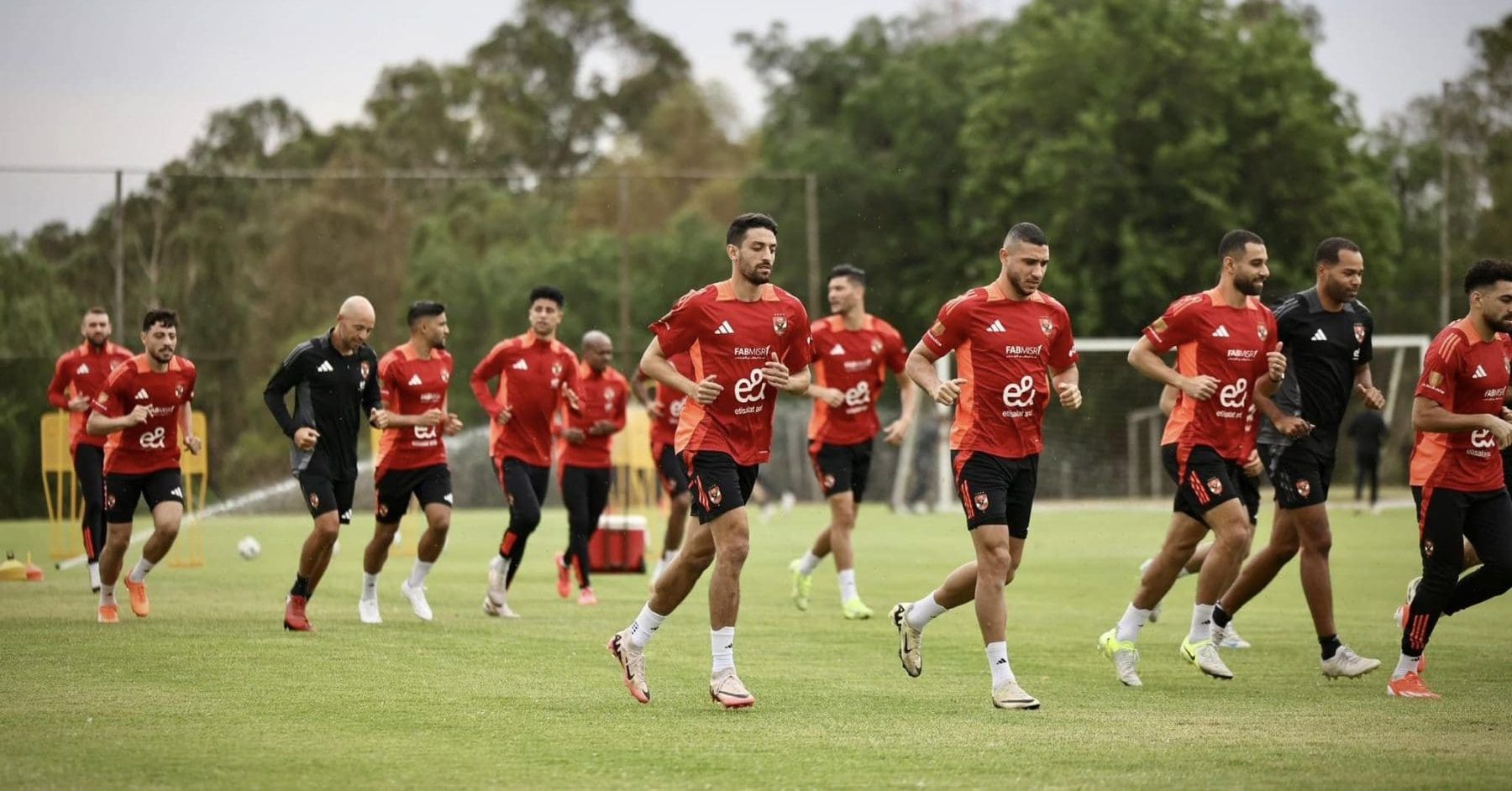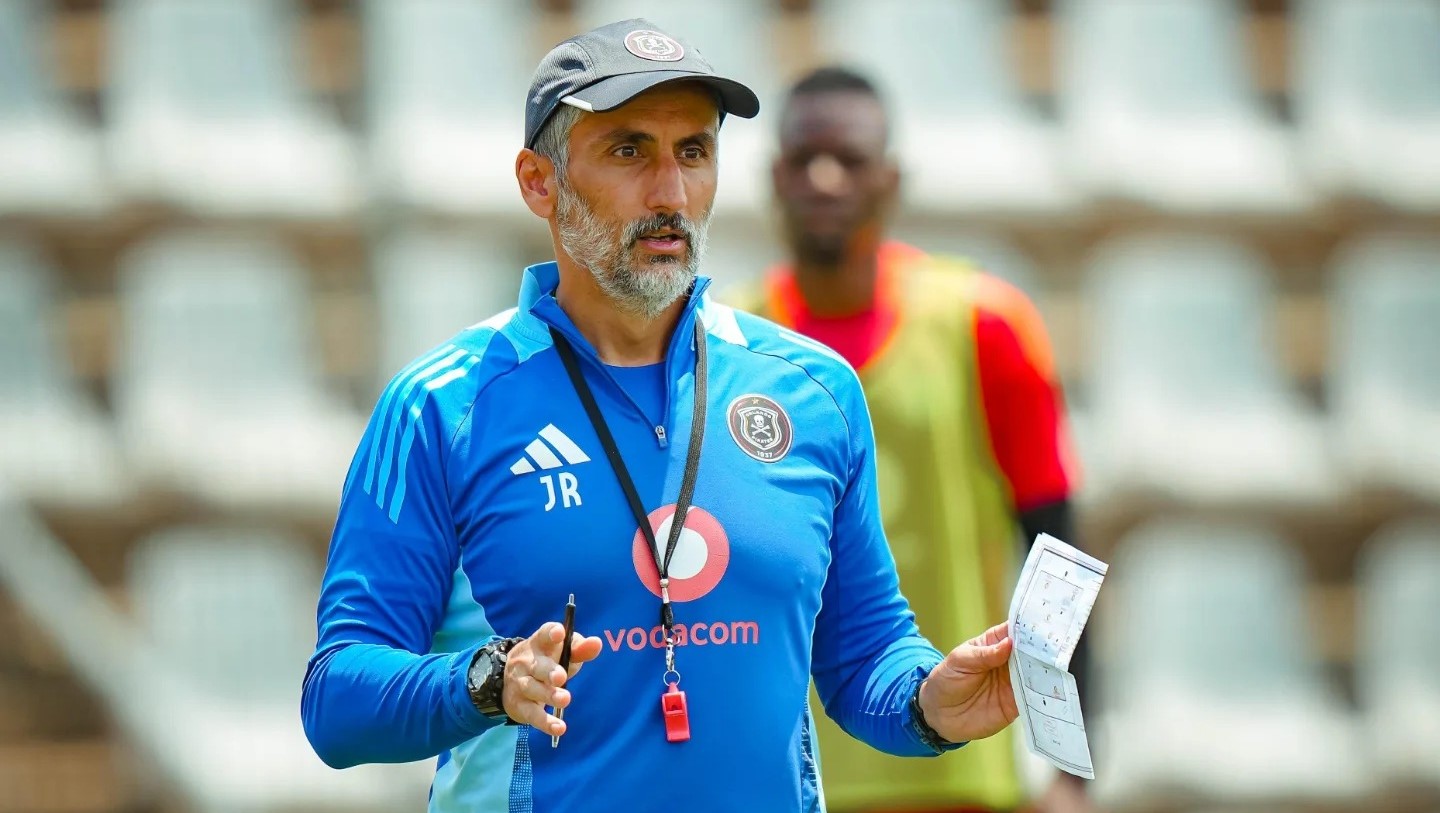Jose Riveiro, the head coach of Orlando Pirates, has outlined the key factors that make Egyptian giants Al Ahly a dangerous opponent in the CAF Champions League.
Pirates and Al Ahly will renew their rivalry on Saturday, 7 December, at a sold-out Orlando Stadium in a CAF Champions League Group B match. The much-anticipated encounter in Soweto kicks off at 3 PM.
The Sea Robbers will be out for revenge after they suffered a 3-1 defeat on aggregate against the Red Devils in the 2013 Champions League final.
Both sides started the continental campaign on a good note, winning their opening matches in the group stages. The reigning Champions League champions defeated Ivory Coast outfit Stade d’Abidjan 4-2. On the other hand, the Soweto giants downed CR Belouizdad of Algeria 2-0.
JOSE RIVEIRO WARNS: AL AHLY ARE A WELL-OILED MACHINE
According to the Spanish mentor, Al Ahly possesses a formidable combination of talented players, a well-defined system, and the mental resilience to adapt to any situation that arises during the game.
Some of the quality players Al Ahly have include Bafana Bafana attacker Percy Tau, Taher Mohamed, Mahmoud Kahraba, Mohamed El-Shenawy, Salah Mohsen and Mohamed Sherif.

“The coaching staff has been working on this game a long time ago to make sure we are really prepared when the week started,” said Riveiro.
“It’s not by chance that they [Al Ahly] are dominating the continental football; there are motivations and many different reasons. The quality of the players is great, and it’s a well-structured team.
“It’s a team that doesn’t have a problem facing different scenarios during the game to protect a one-goal lead, to be a bit more consecutive, to change the structure or the rhythm when they are looking for the ball.
“All these things together are what makes them really dangerous. Again, we need to play every minute at our best, fully focused and not losing focus for a second because they can punish us.”
RELATED STORY: AmaTuks coach explains what makes Baroka dangerous after coaching change

